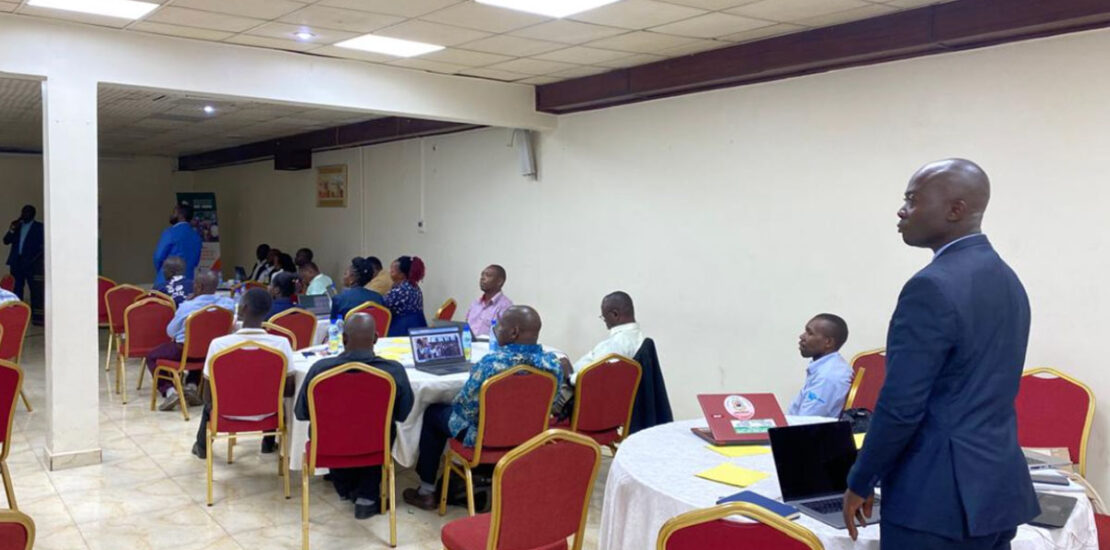Uganda Takes Landmark Step Towards Sustainable Food Systems With National Agroecology Strategy
- January 10, 2025
- Posted by: CEFROHT Reporter
- Category: Agroecology

The Centre for Food and Adequate Living Rights (CEFROHT) is playing a pivotal role in shaping Uganda’s sustainable food systems as a key member of the Inner Working Group (IWG) developing the Uganda National Agroecology Strategy (NAS). This groundbreaking strategy seeks to mainstream agroecology as a core approach to achieving sustainable agriculture, food sovereignty, environmental conservation, and the right to adequate food.
The NAS Inner Working Group comprises a multidisciplinary team of stakeholders, including civil society organisations such as CEFROHT, PELUM Uganda, ESAFF Uganda, ACSA, and Slow Food International, which contribute grassroots expertise, legal advocacy, and technical support. Academia is represented by Uganda Martyrs University (UMU), providing research and innovation, while the Ministry of Agriculture, Animal Industry and Fisheries (MAAIF) leads government efforts to integrate the NAS into national policies.
The strategy aims to transform Uganda’s food system into one that is climate-resilient, sustainable, biodiverse, and people-centred. By uniting policymakers, farmers, researchers, and civil society, it seeks to embed agroecology into national frameworks, including the Uganda Food and Nutrition Policy, the Parish Development Model (PDM), and the National Development Plan (NDP III and IV).
To ensure inclusivity, the IWG, led by MAAIF and supported by CEFROHT, conducted nationwide consultations with farmers’ associations, community organisations, academic institutions, and development partners. A National Multi-Stakeholder Validation Meeting was later held to finalise the strategy, prioritise actions, and establish implementation and monitoring frameworks.
During the meeting, CEFROHT’s Executive Director was commended for the organisation’s legal and policy advocacy. The group’s contributions included advancing human rights-based approaches and accountability mechanisms within the strategy.
The finalised NAS draft has now been submitted to MAAIF’s Senior Management Team for approval. Once adopted, it will serve as a national blueprint for agroecology initiatives, with plans to develop implementation roadmaps, strengthen institutional capacity, and secure budgetary support.
The NAS marks a critical milestone in Uganda’s food system transformation. CEFROHT remains committed to grassroots legal empowerment, community awareness, and policy engagement to ensure the strategy’s success. With this move, Uganda solidifies its position as a regional leader in agroecological governance and people-centred food systems.
